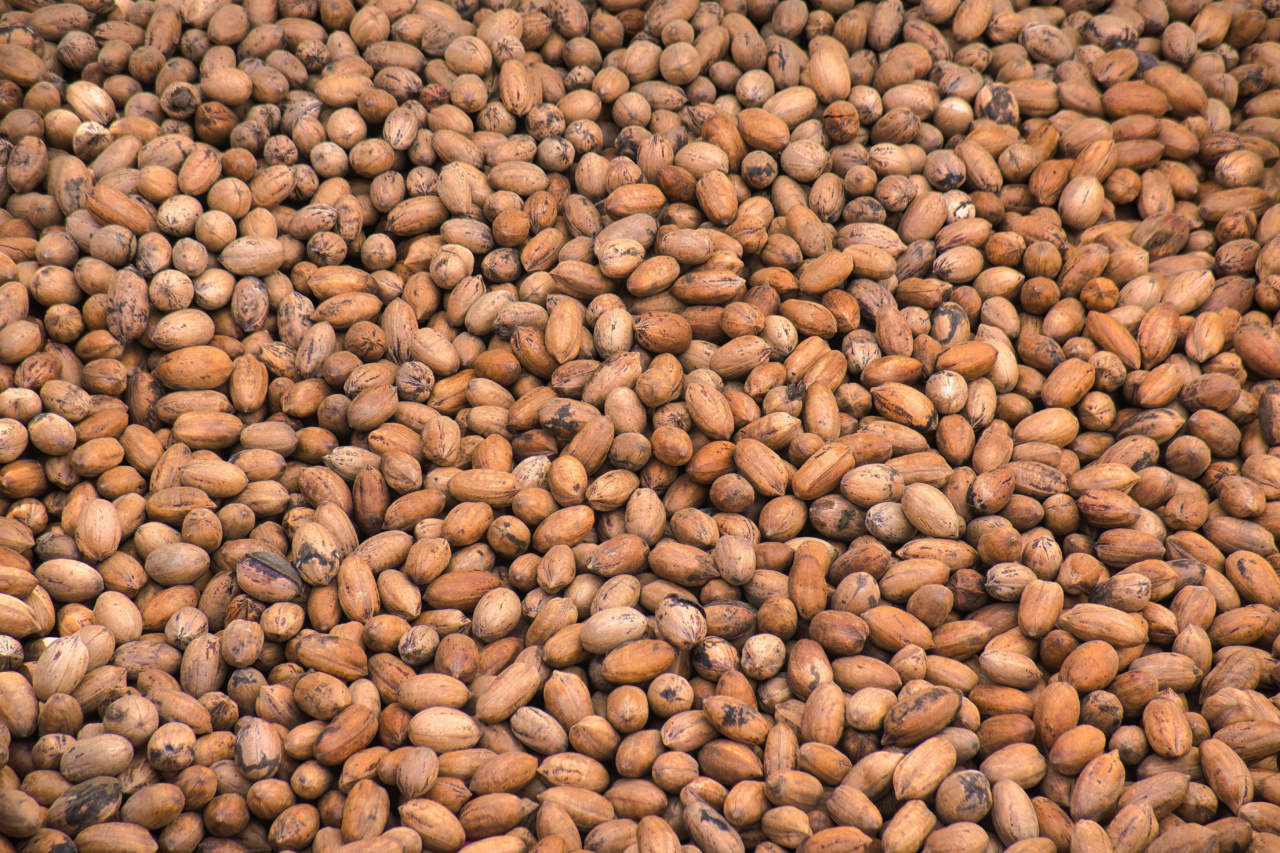Are you and your partner trying to conceive? While there are several factors that can affect your fertility, proper nutrition is one of the most important. Your diet can impact your hormones, ovulation, and overall reproductive health.
In this article, we’ll discuss the role of nutrition in fertility and provide tips on how to optimize your diet for conception.
Importance of a Fertility Diet
A fertility diet is a way of eating that supports reproductive health. It’s not a specific diet, but rather a set of guidelines that emphasize nutrient-dense foods and limit processed and unhealthy foods.
Studies have shown that following a fertility diet can increase ovulation, improve egg quality, and reduce the risk of infertility.
A fertility diet should include:.
- Plenty of fruits and vegetables
- Whole grains
- Healthy fats, such as those found in nuts, seeds, and avocados
- Lean proteins, such as fish, poultry, and legumes
- Low-fat dairy products, such as milk and yogurt
- Plenty of water
The Role of Nutrients in Fertility
Several nutrients are essential for reproductive health. Here are some of the most important:.
Folic Acid
Folic acid is a B vitamin that is essential for fetal development. Pregnant women are often advised to take folic acid supplements to reduce the risk of birth defects. However, folic acid is also important for women who are trying to conceive.
Studies have shown that women who get enough folic acid are more likely to conceive and less likely to experience infertility.
Iron
Iron is essential for the formation of hemoglobin, which carries oxygen to the cells. Low iron levels can lead to anemia, which can affect ovulation and fertility.
Women who are trying to conceive should make sure they get enough iron, either through their diet or through supplements.
Omega-3 Fatty Acids
Omega-3 fatty acids are a type of healthy fat that are important for overall health, including reproductive health. Studies have shown that omega-3 fatty acids can improve sperm quality and increase blood flow to the reproductive organs.
Foods rich in omega-3 fatty acids include fatty fish, such as salmon and sardines, as well as flaxseed and chia seeds.
Vitamin D
Vitamin D is important for bone health, but it’s also important for fertility. Studies have shown that women with low levels of vitamin D are more likely to experience infertility.
Vitamin D is found in fatty fish, egg yolks, and fortified foods, but it’s also produced by the body when the skin is exposed to sunlight.
Zinc
Zinc is important for the production of hormones, including those involved in ovulation. Studies have shown that women who get enough zinc are more likely to conceive and less likely to experience infertility.
Good sources of zinc include meat, shellfish, and legumes.
Foods to Avoid
While there are many healthy foods that can support fertility, there are also foods that can have a negative impact. Here are some foods to limit or avoid:.
- Processed foods: These foods are often high in sugar, unhealthy fats, and artificial ingredients, and can disrupt hormone balance.
- Caffeine: While moderate caffeine intake is generally considered safe, excessive caffeine consumption can affect fertility.
- Alcohol: Heavy alcohol consumption has been linked to infertility in both men and women.
- Sugar: High sugar intake can lead to insulin resistance, which can affect ovulation and fertility.
- Soy: Soy contains compounds that can mimic estrogen in the body, which can disrupt hormone balance.
Conclusion
Nutrition plays a crucial role in fertility. Eating a healthy, nutrient-dense diet that includes plenty of fruits and vegetables, whole grains, healthy fats, and lean proteins can improve your chances of conception.
Make sure you’re getting enough key nutrients, such as folic acid, iron, omega-3 fatty acids, vitamin D, and zinc, and limit your intake of processed foods, caffeine, alcohol, sugar, and soy. Talk to your doctor or a registered dietitian for personalized nutrition advice and to create a fertility diet that works best for you.






























